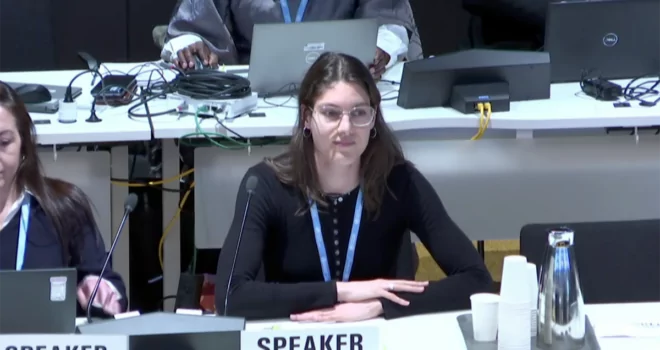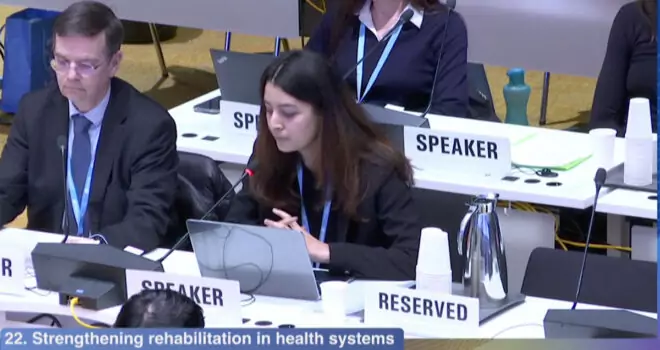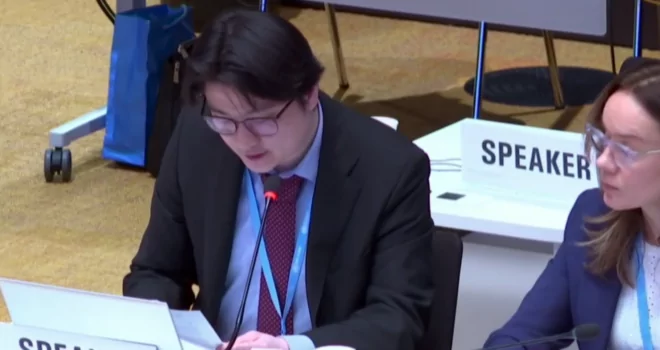WHF was represented by Dr. E. Ulysses Dorotheo, our Tobacco Expert Group member for WPRO, at the Seventy-Fifth Session of the WHO Regional Committee for the Western Pacific
SEVENTY-FIFTH SESSION OF THE WHO REGIONAL COMMITTEE FOR THE WESTERN PACIFIC
AGENDA ITEM 14.3
Honourable Chair,
Distinguished Delegates,
The World Heart Federation applauds WHO and its Member States for the progress made in implementing the Western Pacific Regional Framework for Action on Health and Environment on a Changing Planet.
Climate change and air pollution are inextricably intertwined, with major sources of air pollution, such as fossil fuel combustion, also contributing significantly to greenhouse gas emissions.
Air pollution is widely recognized as a leading cause of noncommunicable diseases, particularly cardiovascular disease, with approximately 2.2 million deaths regionally and 7 million deaths globally attributable to outdoor and indoor air pollution. Alarmingly, the burden of air pollution falls disproportionately on low- and middle-income countries, where over 90% of air pollution-related deaths occur.
The implementation of cross-sector measures and collaborations can simultaneously reduce greenhouse gas emissions, deliver health co-benefits, and promote health equity. As such, WHF urges Member States to:
- Translate international agreements and initiatives on climate change and health – such as Resolution WHA77.14, the COP28 Declaration on Climate and Health, and the Pacific Islands Action Plan on Climate Change and Health – into national and regional policies, strategies, and actions;
- Adopt the WHO Air Quality Guidelines and implement the recommendations from our WHF Policy Brief on Air Pollution and World Heart Report 2024;
- Phase out fossil fuel use and subsidies as well as negotiate a Fossil Fuel Non-Proliferation Treaty;
- Prevent and address conflicts of interest related to the commercial determinants of health; and
- Create environments that deliver co-benefits and promote health equity through intersectoral policies and interventions that reduce air pollution, promote healthy lifestyles, support active transportation, and build climate-resilient health systems – with a strong focus on addressing the social, commercial, and environmental determinants of health.
Thank you.


